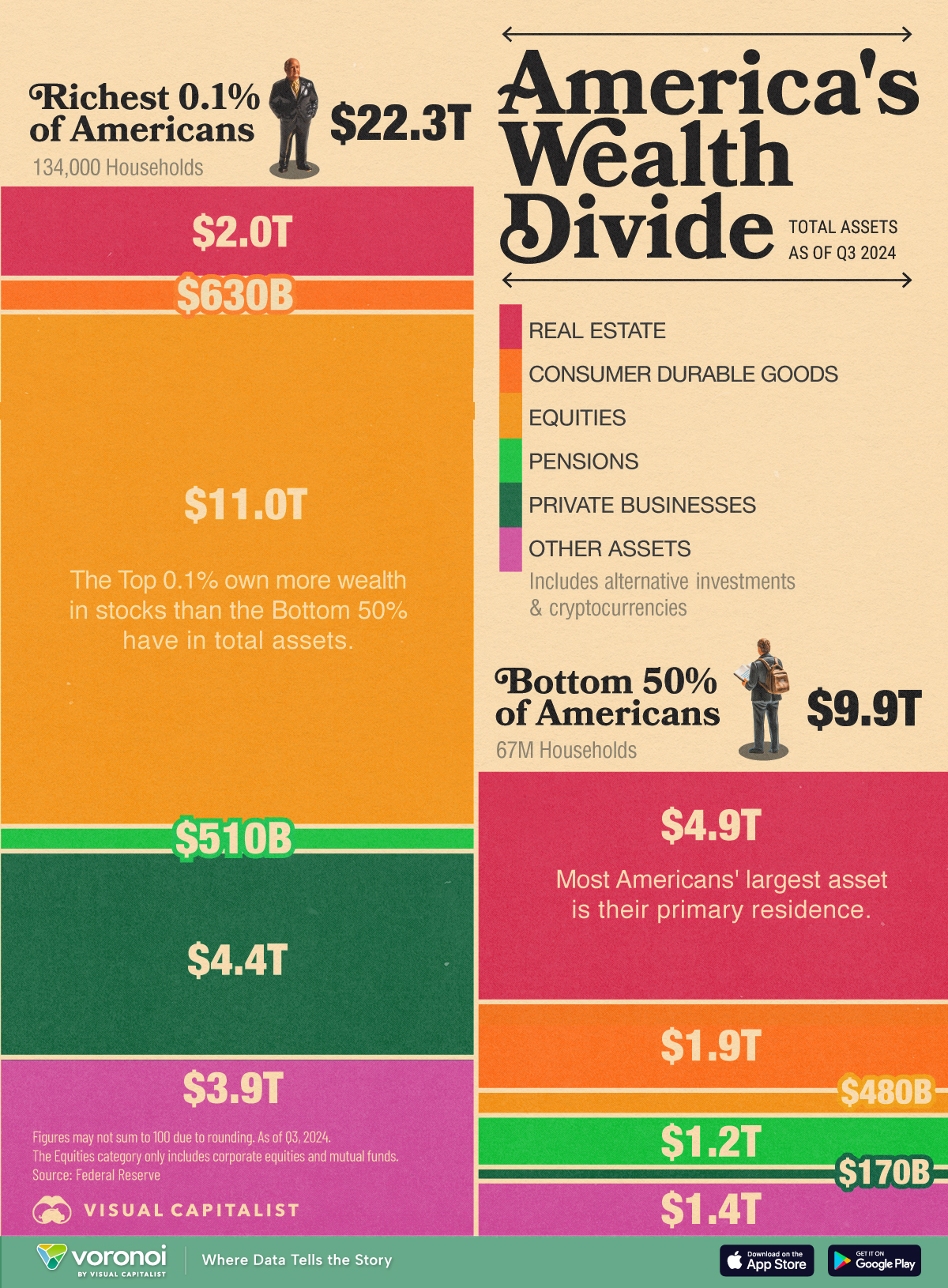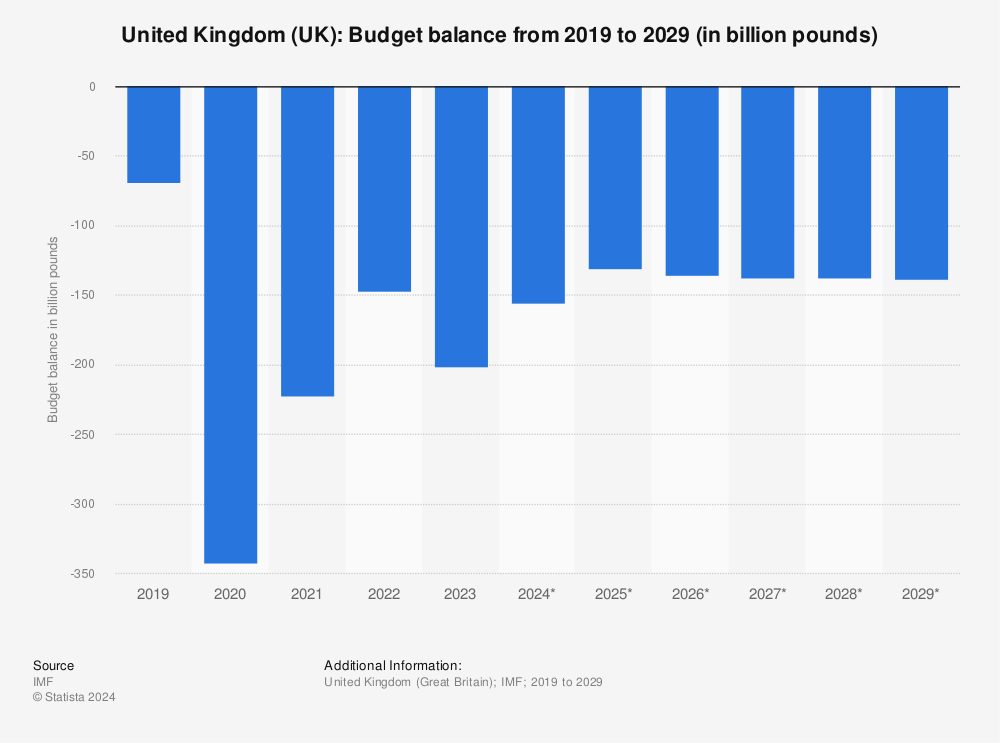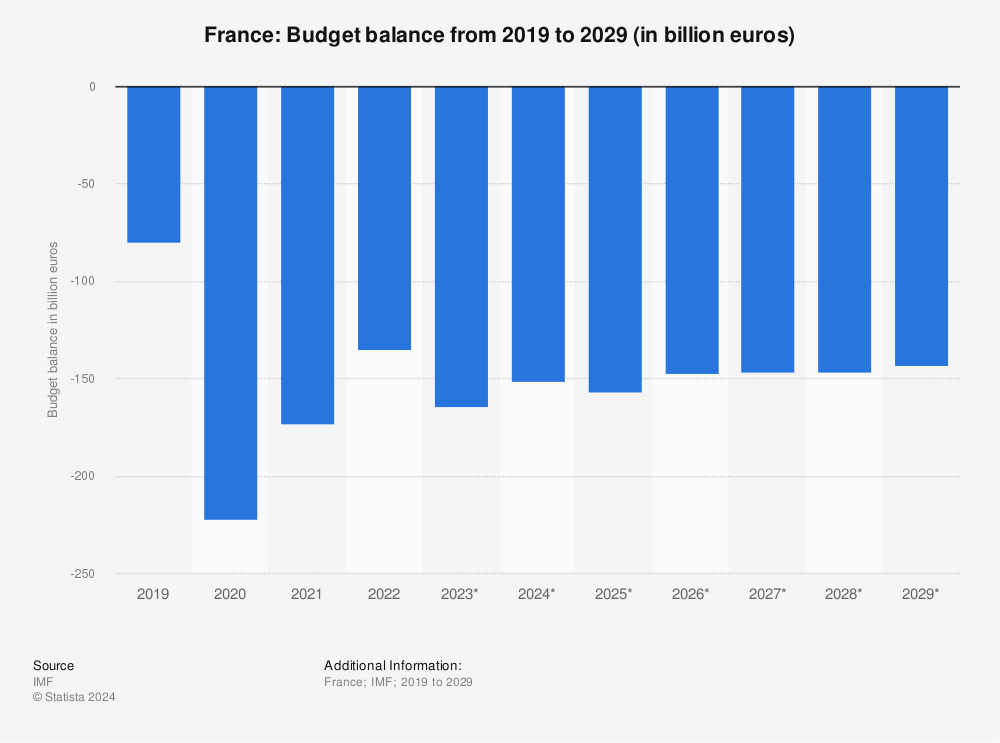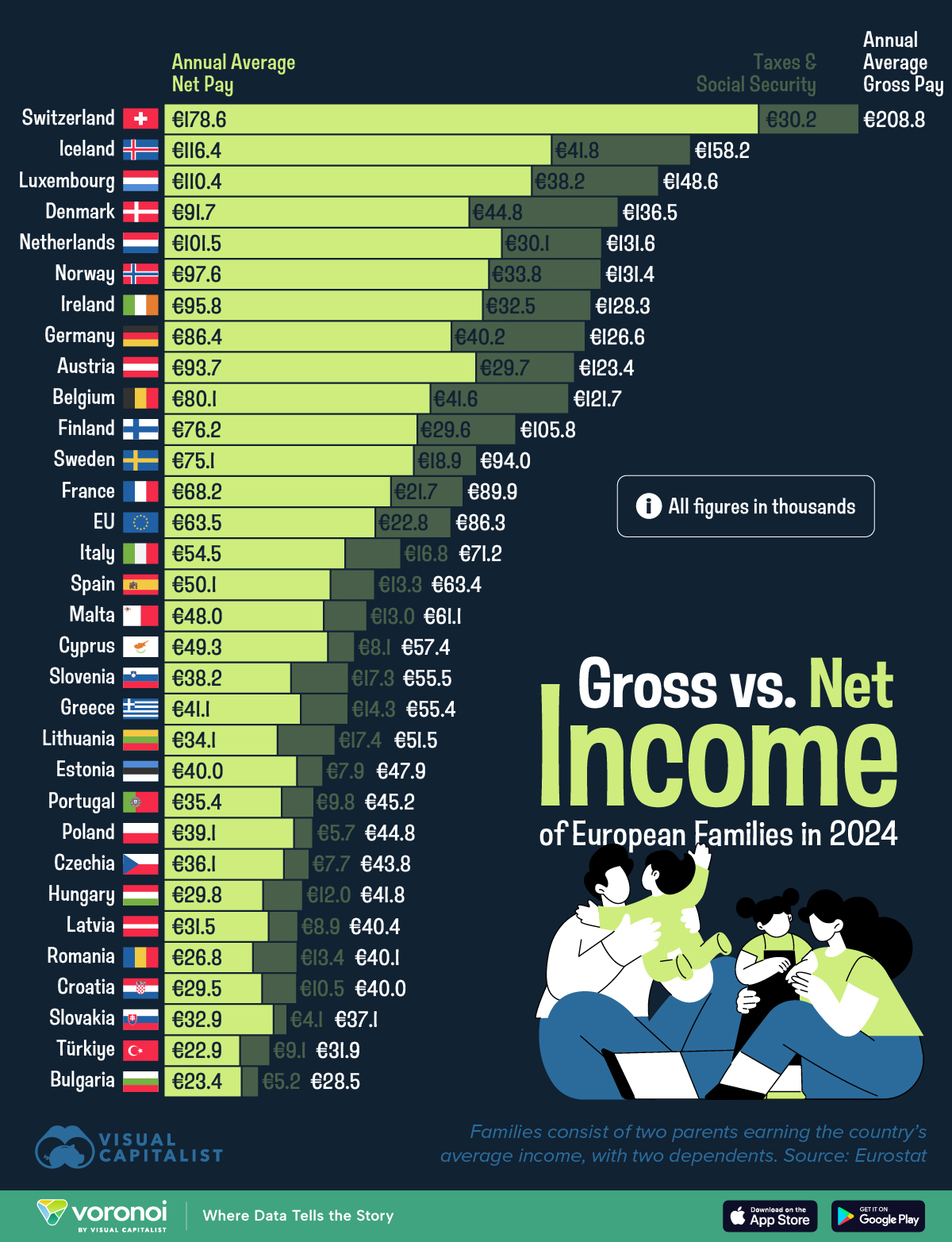Just 6.6% of the world's population now lives in a full democracy, down from 12.5% ten years ago. And a large share of the world's population — this data is from The Economist.
Only 25 countries in the world are fully functioning democracies — and the US isn’t one of them.
To be labelled a flawed democracy, countries like Chile, Israel and Italy have broadly democratic processes but often fall short on at least one metric, such as poor political participation or infringement of civil liberties. (The International Court of Justice [ICJ] has accused Israel of Apartheid and may charge the country with Genocide)
Sixty countries are dictatorships among 167 countries in 2024.
The Economist Intelligence Unit (EIU) is a sister unit of The Economist newspaper and a division of The Economist Group. It was created in 1946. The Economist was founded in London, England, in 1843.
Nine of the ten most democratic countries are in Western Europe. They also account for more than half of the 25 classed as full democracies.
"Over half (51%) of city residents consider the ‘lack of affordable housing’ an urgent and immediate problem, followed by ‘unemployment or lack of job opportunities’ (33%), lack of quality public services (32%) and ‘poverty or homelessness’ (32%).
Significant differences emerge across areas: while affordable housing remains the top concern in both cities and towns, the urgency is more acutely felt in cities (51%) than in towns and suburbs (37%) or rural areas (28%). Conversely, rural respondents cite the lack of quality public services (36%) as their top concern."The Central Bank of Ireland, "As of Q4 2024, the wealthiest 10 per cent of households held 49.1 per cent of total net wealth in the country."
In both Europe and the United States, significant numbers of people are struggling to meet economic challenges
1) "The Wealth of Nations" is an influential text published by Scottish philosopher and economist Adam Smith in 1776.
“Civil government, so far as it is instituted for the security of property, is in reality instituted for the defence of the rich against the poor, or of those who have some property against those who have none at all.”
2) US hedge fund billionaire Ray Dalio said in August 2025.
"I think that what is happening now politically and socially is analogous to what happened around the world in the 1930-40 period because, like in the 1930 to 40 period, the gaps in wealth, gaps in values, and views about what policy should be have become more extreme—and the willingness to compromise, lose elections because of voting results, and trust in the system have dwindled. I think most people are silent because they are afraid of retaliation if they speak up."
George Orwell (Real name Eric Arthur Blair, 1903-1950)
"The Road to Wigan Pier, 1937" was a work by George Orwell describing the harsh conditions of the working class in the 1930s industrial North of England.
Wigan Pier is an area around the Leeds and Liverpool Canal in Wigan, Greater Manchester, England, south-west of the town centre.
He described "labyrinthine slums" and "dark back kitchens with sickly, ageing people creeping round and round them like blackbeetles," commenting that "it is a kind of duty to see and smell such places now and again, especially smell them, lest you should forget that they exist; though perhaps it is better not to stay there too long."
Orwell said: "The ordinary human being would sooner starve than live on brown bread and raw carrots. And the peculiar evil is this, that the less money you have, the less inclined you feel to spend it on wholesome food. A millionaire may enjoy breakfasting off orange juice and Ryvita biscuits; an unemployed man doesn’t. . . . When you are unemployed, which is to say when you are underfed, harassed, bored, and miserable, you don’t want to eat dull, wholesome food. You want something a little bit “tasty.” There is always some cheaply pleasant thing to tempt you."
John Maynard Keynes (1914), the economist, observed: “The inhabitant of London could order by telephone, sipping his morning tea in bed, the various products of the whole Earth, in such quantity as he might see fit, and reasonably expect their early delivery upon his doorstep.”
Four years later, his "The Economic Consequences of the Peace (1919)" was published.
Following the Second World War, the 1950s and 1960s were a Golden Period for Western Europe and the United States.
There was stagflation, and the Arab states twice banned oil exports.
In 1974, France had its last positive annual budget. In the past 50 years, France has posted a deficit.
In 1976, the British Government requested a loan from the International Monetary Fund (IMF).
In 1978 China began to open to the world.
The U.S. national debt as a percentage of GDP has significantly increased over the past 25 years, rising from approximately 56% in 2000 to around 123% as of 2024.
Gross domestic product in the OECD rose by just 0.1% in the first quarter of 2025, significantly down from an 0.5% rise in the previous quarter, according to provisional estimates. Statistical release 22 May 2025 (38 mainly western courty members).
Le Monde: "Why the French economy is stuck in stagnation GDP is not expected to grow by more than 0.6% in 2025, according to the latest economic outlook by France's national statistics institute.
All drivers of economic activity have stalled and unemployment is projected to rise to 7.7% at the end of the year.
EU Government debt at the end of the first quarter of 2025 by member state.
Both France and the UK have generous public spending on over-65s, including free health services.
"Incomes have grown far more quickly for French and British pensioners than their working-age counterparts," according to the Financial Times
Irish economy jumps 22% and in 40 years Ryanair is the top in Ireland and Europe
- Top 10%: This group has over two-thirds of the nation's wealth. Data from 2023 shows that the top 1% of American households alone owned 30% of the net worth.
- Bottom 50%: This group collectively holds a very small portion of the nation's wealth, less than 4%.





